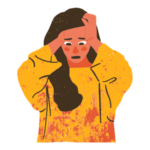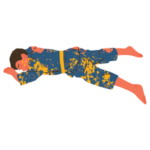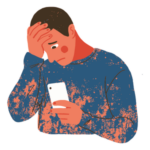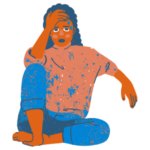Do you suffer from the cycle of insomnia?
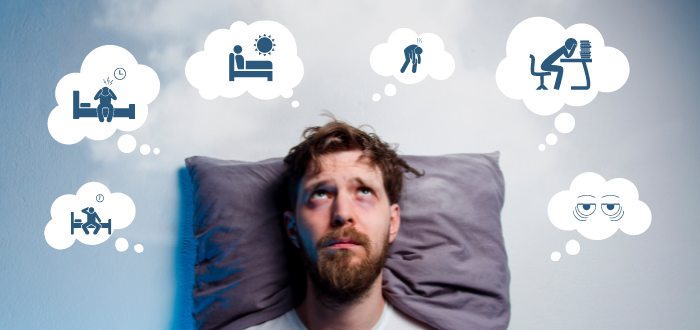
Insomnia is a common sleep disorder that causes a person to struggle to fall asleep and stay asleep. It can also cause someone to wake up too early and not be able to fall asleep again.
It’s estimated that insomnia symptoms occur acutely in 33% to 50% of adult Americans, and Chronic Insomnia Disorder affects 10% to 15% of the same demographic.
Insomnia can degrade your mental and physical health and cause challenges to your work performance, family life, and overall quality of life. It is common for insomnia to cause a person to feel anxious or depressed, fatigued, like they can’t concentrate, or like they can’t remember things.
What's causing your insomnia?
- Stress
- Poor Sleep Hygiene
- Mental Health Disorders
- An Unhealthy Lifestyle
- Chronic Pain
- A Varying Schedule
Light therapy as a treatment for insomnia and other sleep disorders
Light therapy is a natural, safe, and UV-free way of treating symptoms of insomnia and other sleep disorders. Bright light therapy devices allow a person to naturally adjust their circadian rhythm without having to rely on sleeping pills or supplements.
Light therapy involves exposure to 10,000 Lux light, which enters the eye, hits the retina and is transmitted by nerve impulses to the pineal gland which controls melatonin secretion, and thereby sets the body’s internal clock or circadian rhythm.
Depending on when the light is used, the circadian rhythm, which controls sleep timing and daytime alertness, is shifted ahead or delayed.
What is your Circadian Rhythm?
A circadian rhythm is an event related to the daily rotation of the earth. One of the most well-known circadian rhythms is our sleep-wake cycle.
Our bodies depend on the rising and setting of the sun to get the signal of when it’s time to wake up and when it’s time to fall asleep. The effect of light exposure on our circadian rhythms is critically dependent on its timing. Morning light moves the sleep/wake clock earlier, while evening light shifts the clock later.
Our circadian rhythm also controls virtually all systems of the body, including:
- Metabolism and weight: regulation of blood sugar and cholesterol is tied to the circadian rhythm
- Mental health: sleep-wake cycle affects certain mental health conditions such as your risk of depression and dementia
- Immune system and DNA repair: the sleep-wake cycle has been tied to your body’s ability to repair its DNA
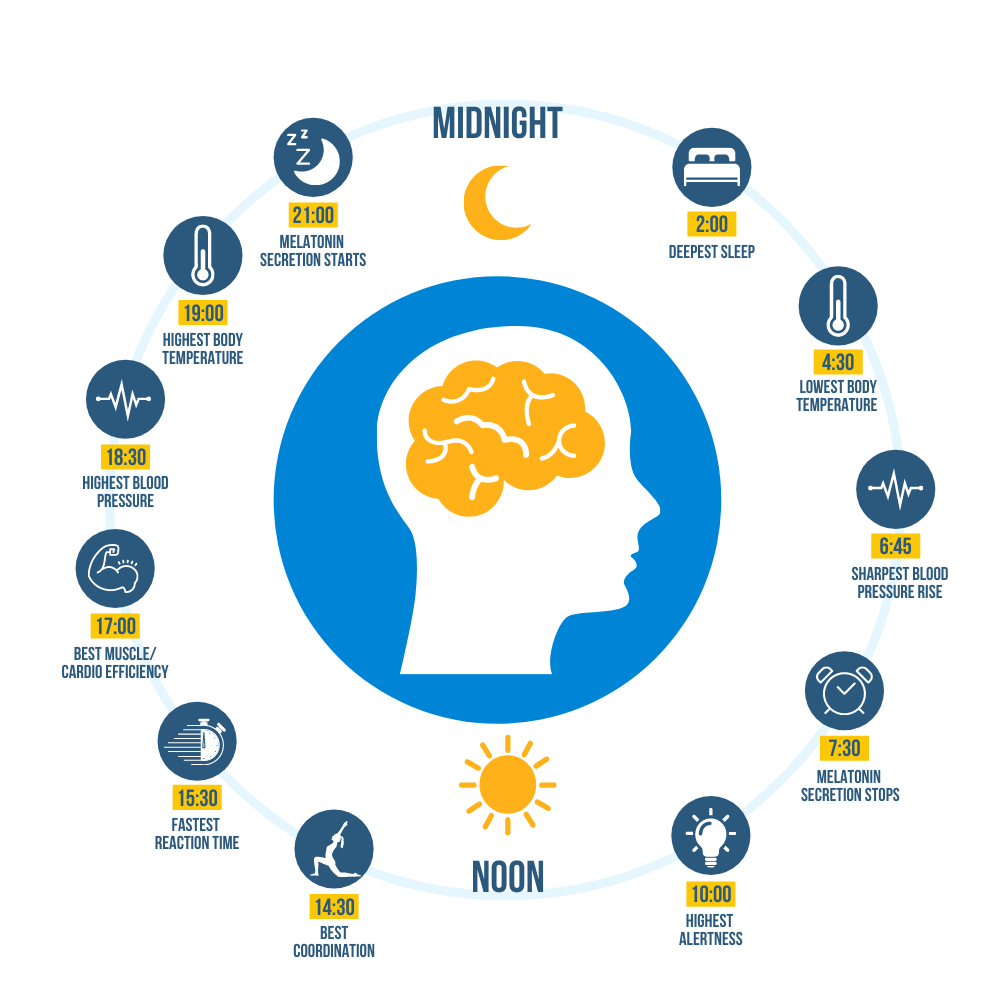
Whether you suffer from insomnia or a circadian rhythm disorder, bright light therapy is a natural way to regulate your sleep and mood, allowing you to live a happier, well-rested, and productive life.




